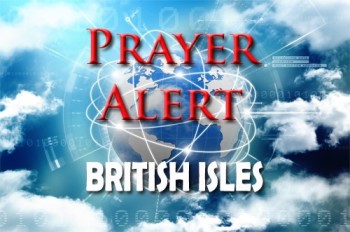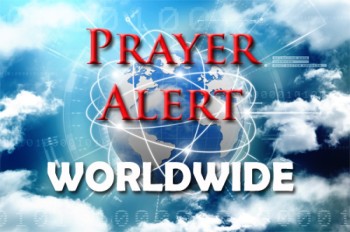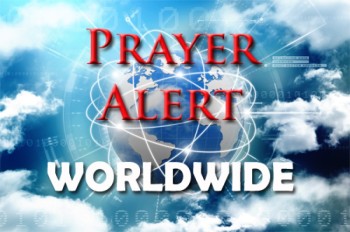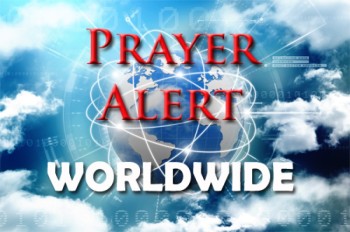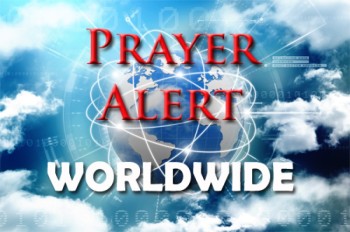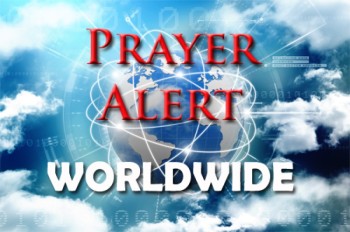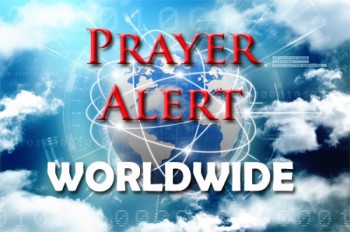Man arrested for terrorism offences and causing explosions
A 31-year-old man from Bedfordshire has been arrested on suspicion of terrorism offences after police discovered 'suspicious substances' at his home. Initially arrested on 6 May for causing explosions likely to endanger life and possessing Class A drugs, the man was found with several suspicious items. Bedfordshire Police conducted a small controlled explosion last week and informed the Metropolitan Police's counter-terrorism officers. The man was bailed while investigations continued but was re-arrested on Tuesday on suspicion of possessing articles for terrorist purposes. The police reported finding numerous items and substances at his address, which are being safely removed by specialist officers. They assured the public that there is no risk to local residents or the wider community. Locals described the man as living with his parents, with his mother stating he collected chemicals. She maintained it was unrelated to terrorism and that police were being over-cautious.
Slovakia PM in stable but serious condition after shooting
Prime Minister Robert Fico is in a stable but serious condition after being shot multiple times on Wednesday. Fico, 59, underwent five hours of surgery at a hospital in Banska Bystrica. The hospital director confirmed his condition remains grave. He was attacked in Handlova during a meeting, and a suspect was detained at the scene. The interior minister described the incident as a politically motivated assassination attempt. Fico, a divisive figure known for opposing military aid to Ukraine and sanctions on Russia, was shot at close range, sustaining injuries to his stomach and arm. The deputy prime minister indicated that Fico’s surgery went well, and he is currently not in a life-threatening condition. The shooting has been widely condemned as an attack on democracy. The suspect, reportedly a 71-year-old writer and political activist, allegedly disagreed with government policies. The incident coincided with parliamentary discussions on abolishing Slovakia's public broadcaster RTVS. The state security council and government are scheduled to meet following the attack.
Ukraine: Russia and China issue nuclear war warning
Vladimir Putin is in China for crucial talks with President Xi Jinping, shortly after Russia launched a fresh incursion into Ukraine's Kharkiv region. Putin was received with full military honours, and Xi emphasised their strong 'friendship’. The two countries have issued a joint statement warning of the increased risks of nuclear war amid heightened tensions between nuclear powers. They emphasised that no one can win a nuclear war, and expressed concern over Australia's involvement in the US nuclear deterrence plans. They warned that the conflict in Ukraine could become uncontrollable and outlined plans to deepen military cooperation, including expanding joint military drills. China supports Russia's efforts to ensure sovereignty and territorial integrity, and both nations oppose using space for military confrontation and the seizure of foreign assets. Meanwhile, the Ukrainian military reports that it has forced Russian troops to slow their offensive in the northern Kharkiv region. Some commentators believe Russia is aiming to create a buffer zone near the border. The Kremlin dismissed Switzerland's planned peace summit for Ukraine as futile without Russia's involvement, despite over 50 countries planning to attend.
Pentecost 2024: Global 24 Hours of Prayer, 19 May
This Pentecost Sunday, International Prayer Connect and partner ministries are inviting millions of Christians worldwide to participate in a 24-hour global prayer event during Pentecost. This day celebrates the coming of the Holy Spirit, which empowers the Church. The focus of the prayers will be for the peace of Jerusalem and the Jewish people, asking the Holy Spirit to bring worldwide blessing and revival, to bridge divides, and to fulfil God's promises. The event aims to exalt Jesus Christ as King throughout the Jewish world and to ask for labourers to reach every unreached people group. Prayer points include 1. Salvation for all Israel and the fullness of Gentile nations. 2. Gentile believers to provoke Israel to jealousy. 3. Sending labourers to proclaim the gospel to Gentiles and unbelieving Jews. 4. Israel's recognition of Jesus Christ. 5. Outpouring of the Spirit and youth awakening. 6. Watchmen for Jerusalem until her righteousness shines. 7. Peace for Jerusalem, ending hostilities and returning hostages. Join the event individually, or in groups - offline at home or online.

